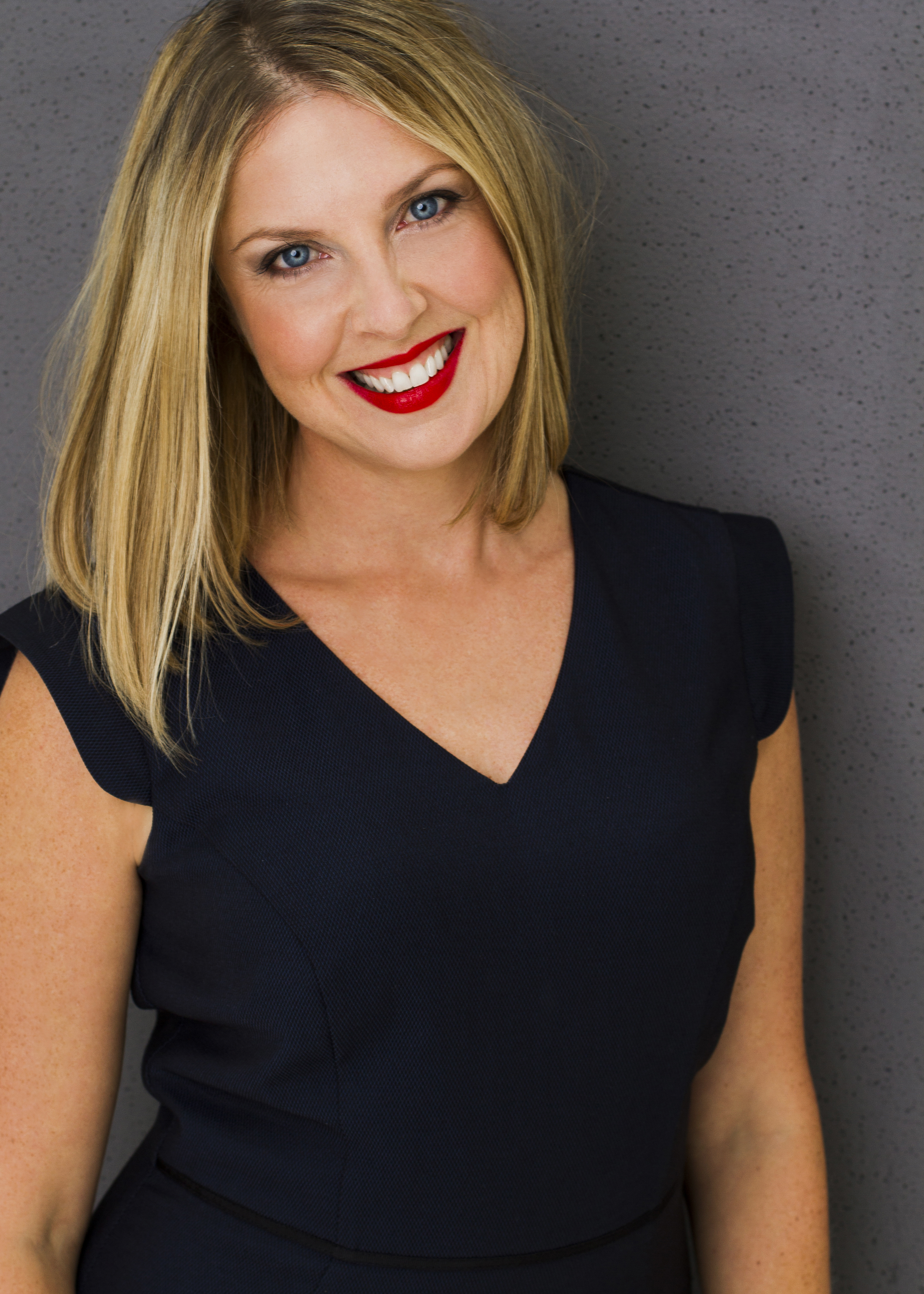I have always shuddered when I hear too much of a focus on the reasons why we need to change, without hearing a complementary focus on why we should stay the same.
When the desire to change arises for you as an individual or as a team, the ‘why should you stay the same?’ line of questioning is helpful for several reasons (perhaps keep in mind a change you are struggling to implement as you read through these points):
- Sometimes there really is plenty of reason to keep stuck. Just because it’s a good idea for others or a good idea in theory, it may be that we have enough reason to stay in the same place.
- Truly exploring the reasons to stay stuck rather than moving so quickly into the motivations for change, helps us to discover hidden blocks that wouldn’t emerge till later in the change process. Better know about them front up than let them trip you up.
- Sometimes we are focused on the wrong thing. For example, I recently was mentoring someone who wished they were braver. We examined it fully by asking ‘why should you stay the same?’. My client through this lens realised that they were brave enough, in fact as they explored this they declared themselves extremely brave. What they also realised was that other people perceived them as not being brave. It was a perception issue, not a behavioural issue. Two different things, two different strategies.
- By asking ‘why should you stay the same?’, we have the chance to understand the authentic base for the beginning of our change process (the difference between wish and action). For example, ‘I want to eat less sugar’ is a theory I carry around with me. A more authentic place to start the change process is, ‘I want to eat less sugar’ and ‘I want to eat what I want when I want’. Now the goal becomes figuring out how I can satisfy both competing desires. By being overt with ourselves, we take our blindfolds off and have a chance to understand the blocks to change.
- It encourages us to come towards change from a place of compassion and self-compassion. When we only focus on the reasons why what we do is bad, it is easy to become judgemental or hopeless. This is never a good starting place for growth. The antidote of berating ourselves is to come from a place of self-compassion. There is a reason why we are doing what we are doing, that is why we have stayed the same. Be kind by being fair to yourself/selves and consider the reasons why you stay the same.
So, perhaps a place to start when thinking about your goals, collective or individual, is “what are the advantages of staying the same?”.
As ever, I’d love to hear your thoughts on this.
In my last Silverlinings I talked about identifying the reasons why we shouldn’t collaborate.Answering this is the first task I set teams when helping them on The Safe Space pathway towards remarkable teaming. You can read the post here.

